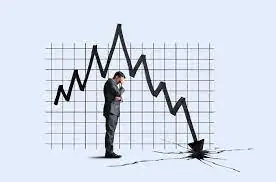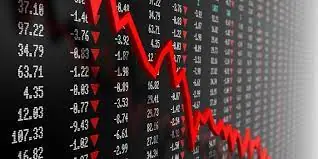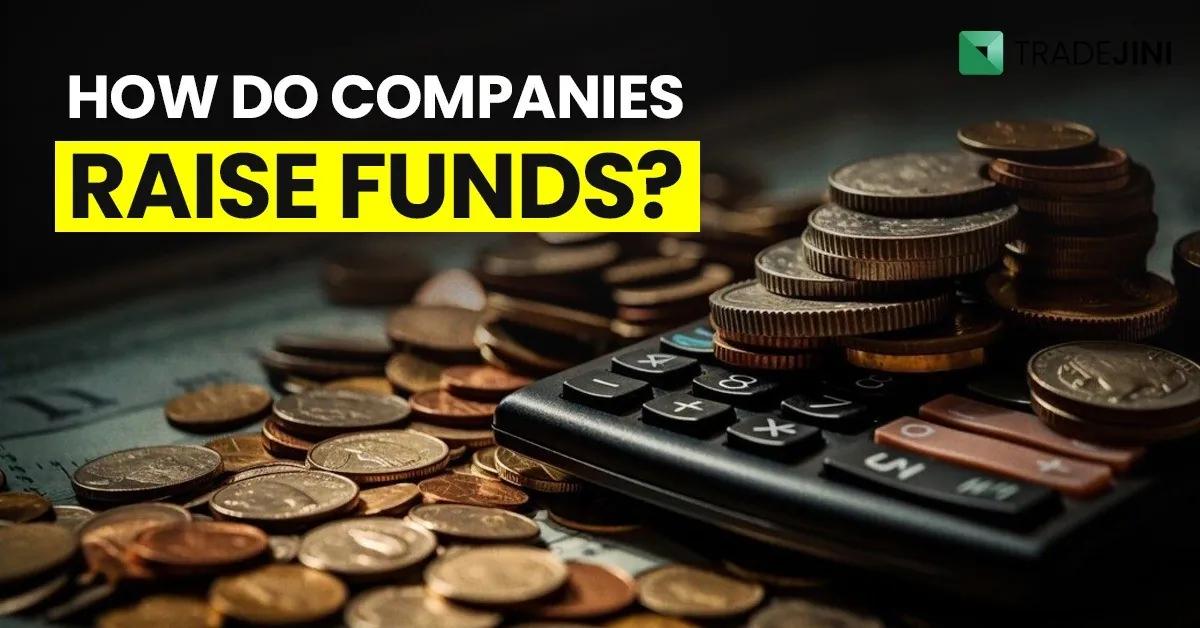No one likes to hear the word crash in all the commotion. While it is natural to panic, it is important to be prepared for one such rainy day. Remember, ‘the more you sweat in peace, the less you bleed in war.’
Markets and volatility are like two sides of the same coin for professional investors, who are well aware of the unavoidable fact that the two are intertwined. When the market experiences a downturn, investors' decisions have a significant impact on the market's future, and during these times, investors' behavior tends to change, increasing the likelihood of errors.
Every time the market goes down, all sorts of chatter starts to go around the town. People’s targets change with market trends; everyone has different predictions and plans until the market is doing well and they change in a moment, just like the Bangalore weather.

Panicking
The whistling sirens of markets crashing, investors losing money, and layoffs are bound to reach everyone. Especially in an environment like today’s, when bad news is carried faster and grabs the most eyeballs, it is impossible to not get agitated and stressed.
The widespread panic selling is not just harmful to the market alone; it hurts your returns as well. The long-term gains of investors who remain calm and do not exit every time during a crash will be much lower than those of an investor who stays invested throughout the years.
For instance, if an investor has been investing in equities for a while and is generating decent and consistent returns, suddenly a bearish trend has taken over the market. What will he do? He is likely to panic due to negative talk and make rash decisions, such as selling off or exiting in unfavourable positions.

Stop investing
Another catastrophic move investors make during bad times is to stop investing as a whole. This is a double jeopardy to their losses. Investors who cash out and stay away from the market in slumps end up losing out on the gains from the eventual upturn and normalising of the stock market.
Many investors completely lose faith in volatile securities like stocks, options, etc. during a market meltdown. This is because a lot of investors lose money in a crash and stop believing in investing. Yes, no one likes the idea of losing money but such occurrences are very rare and one should not quit after every setback.
Investors should consider dollar-cost averaging, a strategy that involves investing a fixed amount of money at regular intervals, regardless of the market's performance. This approach can help reduce the impact of market volatility and timing risks, allowing investors to benefit from the long-term growth potential of their investments.
Making poor choices
Many people mistakenly believe they can accurately predict when a stock is a good deal, often clinging to past high prices. This sort of delusion and overconfidence is similar to the behaviour and self-belief a drunk person would exhibit.
This risky behaviour, known as catching a falling knife, leads to further losses. Overconfident investors may think they know more than professionals, but they often end up with disorganized portfolios and deeper losses. Profiting from short-term trading is much harder than it seems.
It is crucial to approach investing with caution, avoiding impulsive decisions based on past prices and recognizing the limitations of one's abilities in predicting market movements.

Too much of news
There are a lot more sources of information available today, most of which are fake or unreliable. The bad news is that it travels faster and is bound to grab more attention from you. A lot of investors are taken by anxiety and in this anxiety, they end up spending too much time scrolling through news sites and watching too many analysis videos on the effect of each event on the market.
Investors need to remain calm and vet every information source that they use. Spending less time on news sites and not constantly refreshing news pages is the ideal behaviour.
Trying to make up for losses
A day of trading where all you see is red is a sight that no one envies. The human nature of being optimistic can sometimes be a death sentence for investors. Everybody knows that you buy low and sell high, but many investors start to hate the idea of selling low. They overhang losing stocks in the hope that they will rise, which causes them to sell the possible winners too soon or miss out on profitable trades. This is called the disposition effect.
Investors should consider adopting a long-term perspective and avoid making emotional decisions based on short-term market fluctuations. Instead of trying to make up for losses by holding onto underperforming stocks, they should focus on their overall investment strategy.
Forgetting to rebalance
During market downturns, the natural inclination of investors is to shy away from equity as stocks falter and favour bonds and gold. This phenomenon often catches investors off guard, leading to a hesitance to rebalance. However, failing to realign the portfolio can prolong the journey to recovery. Regular rebalancing becomes imperative during such volatile periods, serving as a strategic tool to maintain the intended asset allocation. Without this adjustment, portfolios risk becoming overly cautious or aggressive, hindering their ability to weather the storm effectively. Hence, consistent monitoring and adjustment are essential to navigate through turbulent market conditions.
The Bottomline
Investors shouldn't attempt to time the market or forecast its future performance. Instead, they should focus on developing a resilient and disciplined approach to navigating market crashes. This involves maintaining a long-term perspective, staying invested, diversifying their portfolio, and managing emotions such as panic and overconfidence. Investors can also learn from others' mistakes, rebalance their investments wisely, and maintain their faith in the potential for sustained growth in equities despite short-term market turbulence.



